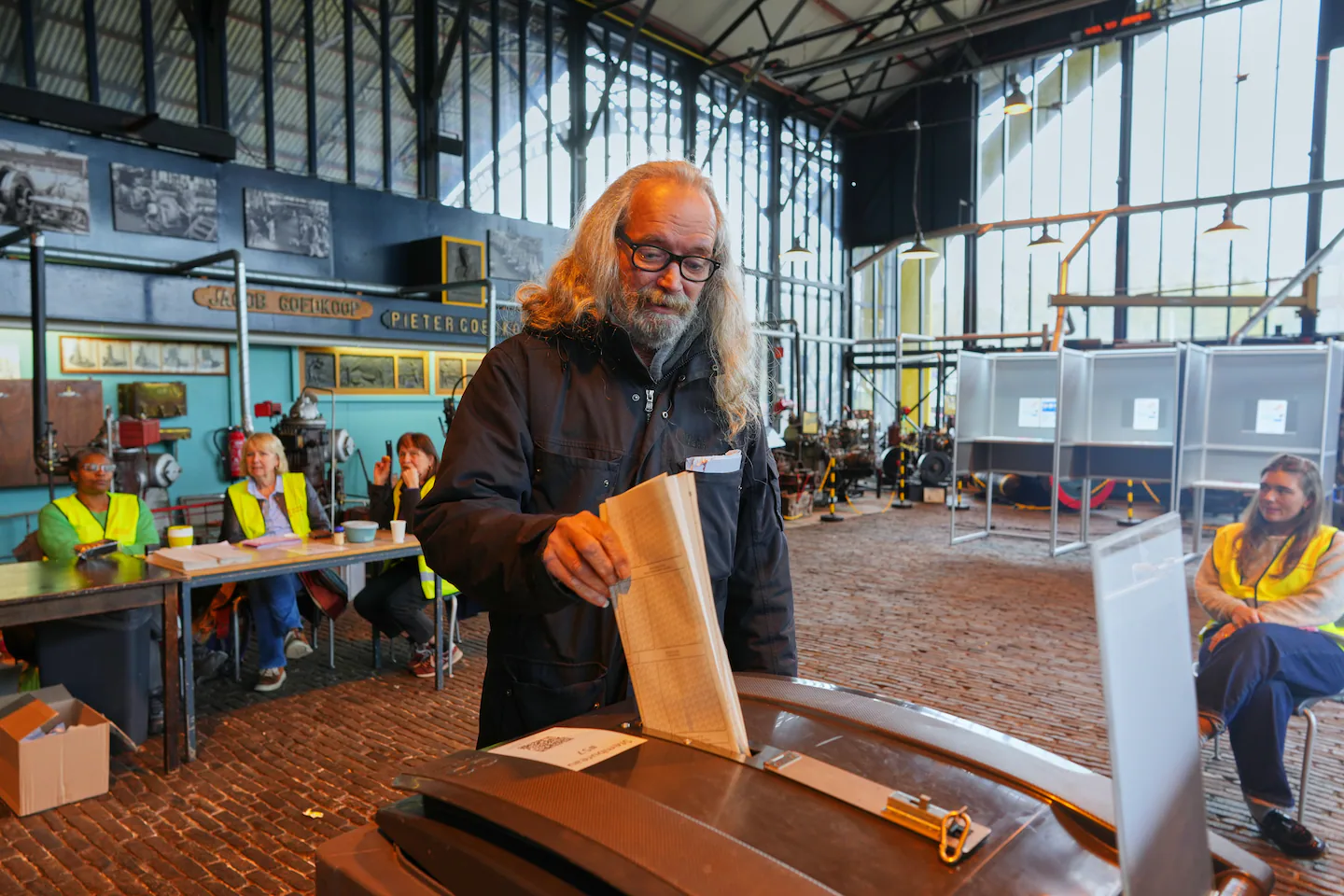Copyright Anchorage Daily News

Cyndi Gave went nearly 30 years without ever needing to cut staff at her North Carolina-based consultancy, which advises businesses on hiring and leadership development. But in August, she began calling some of her favorite clients, telling them they had the opportunity to hire The Metiss Group’s “superstar” office manager - a 14-year employee and one of three she ultimately laid off. But the pitch went nowhere. Gave’s clients - mostly businesses with 250 or fewer employees - were also pulling back on spending and hiring. “I was beginning to think it was just us,” she said. Many small businesses are similarly taking defensive actions as they contend with multiple pressure points, from inflation and a weeks-long government shutdown, to increasingly dour consumer sentiment and rumblings of a recession. They are crucial economic engines in their communities and collectively employ more than 40 percent of the U.S. workforce, but they tend to experience financial shocks more acutely than their corporate peers. “Small businesses play an outsize role in the economy, and they are more vulnerable to what the larger economy is going through,” said KPMG chief economist Diane Swonk. “All the datasets are pointing the same way as far as lower momentum and small businesses doing more with less.” Several recent surveys show small businesses expressing a lack of certainty in their financial futures. The mutable policymaking of the Trump administration - from its immigration crackdown, to its on-again, off-again edicts on tariffs - has created a kind of a paralysis among some businesses, experts say, making it difficult to land on a strategy to move forward. “That does add up to a picture of companies that don’t want to contract, but they don’t want to expand either,” said Harry Holzer, a former chief economist for the U.S. Department of Labor who now teaches at Georgetown University’s McCourt School of Public Policy. Because of the shutdown, the government has not released the last two U.S. jobs reports. But other analyses are pointing to retrenchment. An index of small business hiring from the Bank of America Institute fell 7 percent in September compared with the 2024 average, after a similar drop in July. Small and midsize businesses - defined as those with less than 500 employees - shed 31,000 jobs in October, the payroll processor ADP reported Wednesday, while larger companies added 73,000. That represented a net gain of 42,000 jobs after two months of declines. A separate report this week, from the outplacement and executive coaching firm Challenger, Gray & Christmas, tracked more than 153,000 job cuts last month, an 183 percent jump from the month before. Unlike ADP, it does not issue a breakdown by company size. By Challenger’s estimate, some 1.1 million layoffs have been announced this year - including large-scale cuts at UPS, Amazon, Intel, Microsoft and Procter & Gamble. (Amazon founder Jeff Bezos owns The Washington Post.) The uncertainty among business owners is mirrored by consumers, with a widely followed metric of consumer sentiment from the University of Michigan near an all-time low in October. For some business owners, that means many would-be customers are cutting back on the discretionary spending that drives sales. David Lokker, co-owner of Landsharks in Saugatuck, Michigan, has taken to calling his workers and offering to pick up their shifts. It’s a way to save on payroll as the outdoor clothing retailer tries to ride out the rough patch. Revenue is down about 3 percent for the year, Lokker says, and 2025 is shaping up to be the company’s second down year since his mother founded it more than three decades ago. The other was 2009, he said, during the Great Recession. “We’re not selling prescription meds … nobody needs their fifth Patagonia jacket,” Lokker said. “Having grown up and spent my whole life in the store, I can tell you that we’re just not seeing as many consumers right now.” Paloma Clothing, a 50-year-old women’s clothing and accessories boutique in Portland, Oregon, has seen reduced sales since the start of the year, said co-owner Mike Roach. His customers tend to be well-informed women who pay attention to politics and the stock market, and many are concerned about where the country is headed, Roach said. “What we’ve always found during our entire 50 years, is when customers are anxious or afraid, they spend less money,” he said. Lately, fewer customers seem to be coming in. And those who do are more circumspect about what they buy and keep, said Roach, pointing to an uptick in returns. Traci Burnes, the store’s manager and co-buyer, said they typically hire high school and college students during the holiday rush, and that she usually lets payroll “balloon” a little to ensure there’s plenty of people available to help shoppers. But she doesn’t expect to do any of that this year; she doubts she’ll have the budget. Others are feeling the effects of trade policies that make imports more expensive, notably the closing of an import tax loophole for items worth less than $800 - known as the “de minimis” exemption - in August. The current import taxes, along with new tariffs on a wide array of imports including car parts, metals and more, have squeezed some businesses that make products for American consumers. Maxant Metals of Moore Haven, Florida, imports aluminum from Ecuador, Brazil and other countries to the company’s 10,000-square-foot steel building in Central Florida, where the metal is turned into parts including brackets, buckles, parts for screened rooms and awnings, and metal plates for all-terrain vehicles made by Honda and Kawasaki. Owner David Reed had hoped to bring on another employee to get a new division up and running, producing a three-inch pan for car ports and roofs. But a new tariff on imported aluminum imposed this year is weighing on his bottom line, and he also paid a tariff on new machinery he bought from China. He has kept his company’s staffing steady, and recently added another part-time employee to help fill gaps in the work schedule. But on the whole, the higher tariff costs have meant he does more of the work himself and sees fewer opportunities to expand his business. “I think small businesses are hoping that something is going to change,” Reed said. “Our employees are our lifeblood basically and if we have to lay some of them off it is really cutting meat out of our business.” Reed said he has appealed to his lawmaker to see whether anything could be done to lessen the tariff burden, to no avail. Not all small-business owners see doom. Ken Giddon said that sales are healthy at Rothmans, a men’s clothing store, even after raising prices to offset the cost of tariffs on merchandise imported from Italy and Asia, Giddon said. The retailer, which has storefronts in New York City and nearby Westchester, employs about 30 people, up from 25 a few years ago. His said his customers tend to be more affluent, a demographic that has boosted consumer spending more broadly. “With a strong stock market, they have not been affected as much,” he said, of his clientele. “I think that was why the first three quarters of 2025 were pretty good.” Giddon’s grandfather opened Rothmans nearly 100 years ago - selling his wares out of a pushcart - and the company has since gone through ups and downs including being looted when racial justice protests were breaking out across the country, and closing during the pandemic, Giddon said. As a result, he says, he’s less prone to worry. “What’s one more punch?” Still, he’s being cautious. “I might hesitate to hire somebody right now just because … I don’t feel like I’m reading the tea leaves particularly well,” he said. - - -



